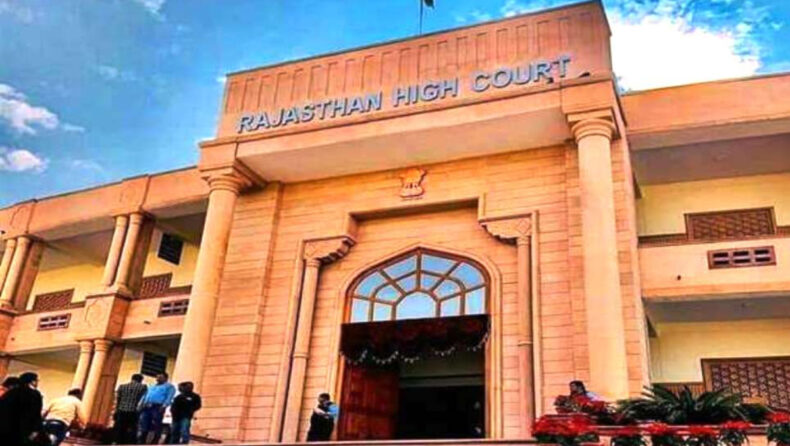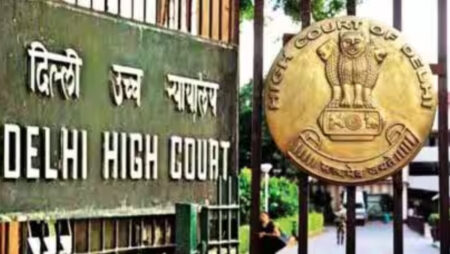On Wednesday, The High Court of Judicature for Rajasthan dismissed a petition holding that the acquittal in a criminal case does not exonerate the petitioner from the departmental inquiry. The case was heard by a Single Judge Bench headed by Justice Anoop Kumar Dhand. He remarked that the court does not serve as an appellate forum while engaging in judicial review of the disciplinary authority’s conclusions.
He further observed that the principles governing criminal trial and departmental enquiry are different. The burden of proving the elements of an offence beyond a reasonable doubt falls on the prosecution in a case involving an offence punishable by criminal law. There should be a presumption of innocence for the accused. An investigation into a claim of wrongdoing by an employee that ends in a violation of the service rules governing the employment relationship is the goal of a disciplinary proceeding by an employer. In a disciplinary hearing, a charge of misconduct must be proven by a preponderance of the evidence, as opposed to a criminal prosecution where the accusation must be proven beyond a reasonable doubt. In contrast to disciplinary investigations, criminal trials are governed by different rules of evidence.
The Fact of the Case –
The present case arose as a challenge to the order directing compulsory retirement to the petitioner. The petitioner was a constable at Police Station Sadar, Tonk. One day, along with several people, he abducted Gopal and assaulted him. The assault was conducted to take his signature on a stamp paper.
Subsequently, a case was registered against him with the police station Todaraisingh (tonk) and thereafter, he was arrested. In the departmental inquiry, the charges were proved against him. He was ordered to compulsorily retire from service. This order was challenged by the petitioner in the appellate body but the same was rejected.
Feeling aggrieved, the petitioner filed the present petition claiming that the charges in the enquiry and the case were similar. And he was exonerated from the charges in the criminal case. Therefore, the proceedings of the department are liable to be quashed. This averment was contested by the opposite counsel by claiming that the charges levelled against the petitioner were different in both proceedings.
Judgment –
This raised an issue before the court – “Whether based on the judgment of acquittal in the criminal case, a person is entitled to automatic reinstatement in service or not.” The court answered this issue in negative and observed that the acquittal by the criminal court does not stop the employer from exercising his power according to the rules. The acquittal in a criminal case does not bestow the person with the wish of automatic reinstatement.
In furtherance to such observation, the court also noted that in Article 311(2)(b) of the Indian Constitution, the question of considering reinstatement after a decision of acquittal only arises when the expulsion from service was based on a criminal court conviction. An investigation that was conducted apart from the criminal procedures means that acquittal in certain cases is useless. Because the standard of proof needed for a domestic investigation and a criminal case is very different, it is a well-established legal principle that a departmental enquiry can proceed even if a person was found not guilty by a criminal court.













